Published in the DailyFT
Sri Lanka’s overall tax system of indirect taxes means that the poor disproportionately pay more in taxes than a wealthier family. The Finance Bill codifies this
The gazetted Finance Bill is an unfair piece of legislation that rewards the rich, the corrupt, and the dishonest. It allows those with undeclared mansions in Sri Lanka, stacks of gold, and overflowing US dollar bank accounts to regularise these assets by paying a tiny penalty. This Bill does not just legitimise tax evasion. It allows tax evaders, who have committed a crime, to keep the gains from their fraud.
The Finance Bill
The Finance Bill that was gazetted in July 2021 targets individuals with undisclosed income or assets that otherwise should have been declared under certain laws. It allows them to regularise their tax status and provides them immunity from investigation, prosecution, and penalties that they would have otherwise faced.
This Bill creates two classes of citizens: honest and sincere taxpayers, and rich and dishonest crooks.
Clauses 2-5 form the crux of the Finance Bill, and outline how the tax amnesty is implemented. It targets those who have not disclosed taxable income or assets, and asks them to pay a measly penalty of 1% on their newly disclosed income and assets. The penalty of 1% is significantly lower than the tax liability that they would have had to pay, and the tax that honest citizens have paid until today. The Bill states that income and assets must be disclosed to the Commissioner-General and must be invested or deposited in Sri Lanka. Finally, those who use this tax amnesty to declare income are provided full immunity from investigations, penalties, and prosecution.
Government’s fiscal challenges
This Government is introducing this Bill as a quick fix solution, instead of focusing on structural reforms. Government revenue has plummeted since President Gotabaya Rajapaksa came to power. This has been driven mainly by tax cuts to corporations and the wealthy, in a bid to increase investment and spur economic growth. With the increased costs of the COVID-19 pandemic, and limited flexibility in Government expenditure from mandatory payments of salaries, pensions and interest, the Government has decided that granting Sri Lanka’s 14th tax amnesty will drive up tax revenue and spur investment.
There are three primary arguments in favour of a tax amnesty. Firstly, it allows a government to raise tax revenue from income that is circulating in the underground economy. The hope is that the underground economy permanently reduces. Secondly, it allows those who have large sums of money stashed abroad to safely repatriate them. Finally, it allows those who have underpaid taxes over time to regularise their tax file, instead of accruing penalties for evasion.
According to Verité Research, since 1963, the Government of Sri Lanka has granted at least 13 tax amnesties, with the most recent one in 2009. However, have these frequent tax amnesties permanently increased revenue in Sri Lanka? R.M. Jayasinghe, in a 2010 study, finds that past tax amnesties in Sri Lanka have not increased income tax revenue nor have they increased compliance.
Global studies on the imp act of tax amnesties further corroborate this finding. For example, the Inter-American Development Bank finds that for tax amnesties to be successful, they need to be a one-time, exceptional event, and must be accompanied by structural adjustments to the tax code to increase compliance. Specifically, governments need to improve tax collection and tax enforcement. The present Finance Bill does not have any provisions for structurally improving our tax revenue collection system.
Instead, the current tax amnesty penalises honest taxpayers and diminishes the integrity of the tax code. Why would you continue paying their taxes every year if you can just wait for Sri Lanka’s 15th tax amnesty?
The tax amnesty reliefs include writing off penalties and interest, and permitting to invest the undisclosed taxable assets in financial instruments such as shares of a resident company, Treasury bills and bonds, debt securities issued by a company or to buy movable or immovable property in Sri Lanka. This facility will be effective after the commencement of the Act until 31 December. The voluntary disclosures are subject to 1% nominal tax.
Sri Lanka’s overall tax system of indirect taxes means that the poor disproportionately pay more in taxes than a wealthier family. The Finance Bill codifies this.
The Finance Bill is fundamentally a question of justice and fairness. What type of economic system should Sri Lanka have? Do we favour the wealthy and the dishonest? Or do we uphold the rule of law and reward upright citizens? That’s the question that Parliament is answering when they decide on the Finance Bill.

